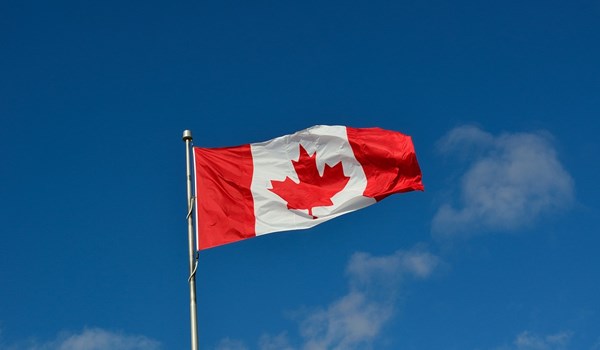Jurisdictions
Regions
Industry Sectors
17/11/21
CANADA: CRA battling attempt to halt its probe of offshore 'mastermind' and his clients.

As published on cbc.ca, Wednesday 17 November, 2021.
Ottawa will ask the Federal Court of Appeal on Wednesday for the green light to continue auditing a British Columbia man behind an organization that helped wealthy Canadians move tens of millions of dollars through tax havens.
It's a case with far-reaching implications for how the Canada Revenue Agency (CRA) goes after people it suspects of tax dodging — and for who it can share information with.
The tax agency began its audit of Fred Sharp, an ex-lawyer from West Vancouver, weeks after he was revealed to be the most prolific Canadian in the 2016 Panama Papers leak. Records in the leak showed he helped set up more than 1,100 offshore companies and accounts for clients.
Within months, the CRA also began audits of many of Sharp's associates at his Vancouver-based financial services business, Corporate House, as well as a number of clients.
But as auditors took steps to gather bank statements, credit card bills and other financial details, Sharp and the others fought back in court, filing 90 separate challenges.
They alleged that while the CRA claimed to be using its audit powers to assess whether they had declared all of their income, in reality it was conducting a disguised criminal investigation. The Supreme Court of Canada has held that because CRA auditors have the power to compel documents and information from taxpayers, they cannot use those powers in the context of a criminal investigation without violating the constitutional right against self-incrimination.
Sharp and the others also attacked the agency's data-sharing powers, which have ballooned in recent decades. Normally, taxpayer information must be kept in strict confidence by the CRA.
But the federal government has passed dozens of amendments to allow the agency to send sensitive information to the RCMP and the Canadian Security Intelligence Service, as well as foreign countries' tax agencies and — in some cases — foreign law enforcement.
"To the extent that the CRA disseminated taxpayer information obtained under its audit powers and shared that taxpayer information ... those amendments are unconstitutional as they violate the plaintiff's right not to self-incriminate and his right to be free from unreasonable search and seizure," Sharp's lawyers say in court filings.
Ultimately, the CRA obtained enough information to determine, in a confidential draft report, that Sharp was the "mastermind" of an organization that operated like a "shadow bank," allowing wealthy people to access money stashed offshore, out of sight of authorities.
But its audits of Sharp and the others have been hindered by the ongoing court case.
A Federal Court judge ruled last year that there was a glimmer of potential evidence that the CRA auditors had, in fact, been pursuing a criminal investigation against Sharp and associates — just enough to allow their lawsuits against the government to go ahead. But he rejected their attempts to strike down the CRA's information-sharing powers.
Both sides have appealed, and the case is being heard on Wednesday and Thursday in the Federal Court of Appeal in Vancouver.
Montreal tax lawyer Louis-Frédérick Côté, who is not involved in the case but is hoping to argue an appeal on similar issues at the Supreme Court of Canada, said it boils down to having clear rules for what the government can do with information that taxpayers are forced to cough up as part of the CRA's audit process.
"Taxpayers would be less reluctant to answer the CRA's queries if you could say to them, 'Here's the Supreme Court's ruling. Everything you say, as long as it's true, you'll be protected and won't be prosecuted.' I think people would be more transparent."
The Sharp litigation has had a few strange twists.
At one point, Sharp submitted fabricated documents to the court. The forgeries were purported letters from a CRA investigator who in fact doesn't exist, as well as purported reply letters from a Vancouver lawyer who does exist but never wrote them.
Sharp said he had no idea the documents were forged, noting that he'd been given them by an acquaintance and relied on them in good faith. "I did not fabricate or collude in the fabrication of the correspondence," he said in a sworn statement.
Through his lawyers, Sharp did not reply to questions from CBC News about his ongoing dispute with the CRA.
The CRA refused to comment on the case.



